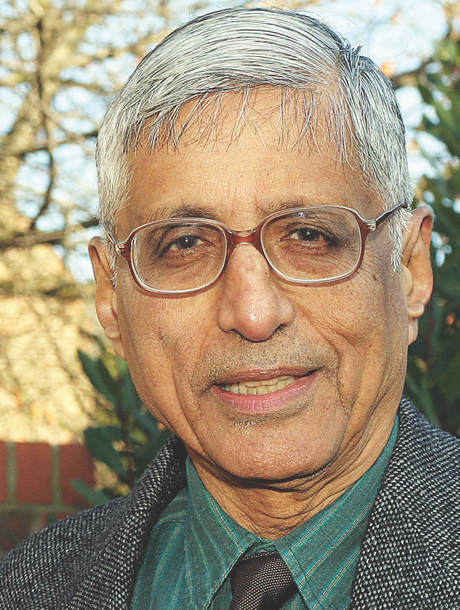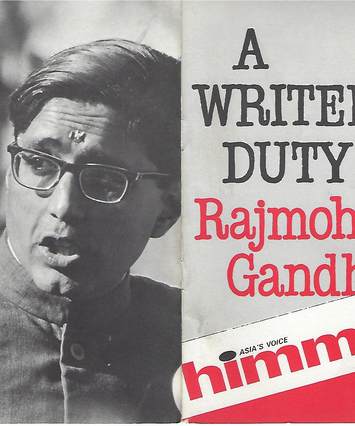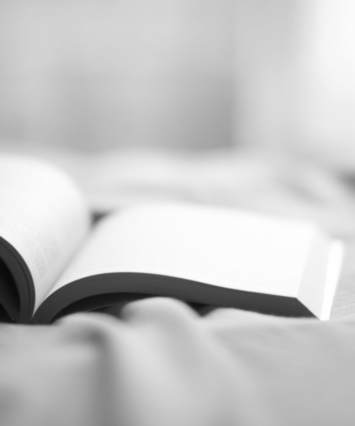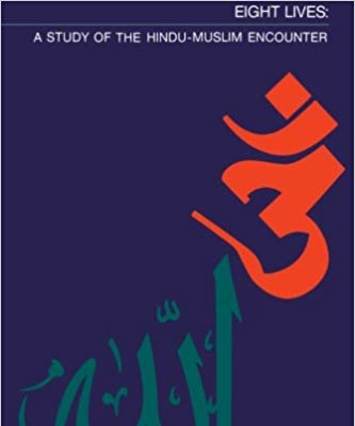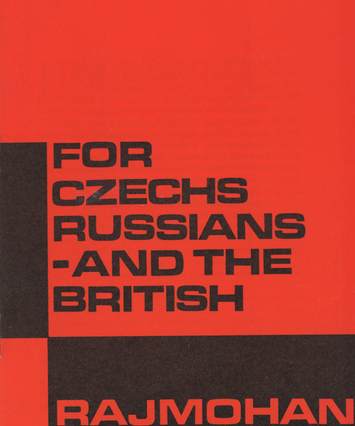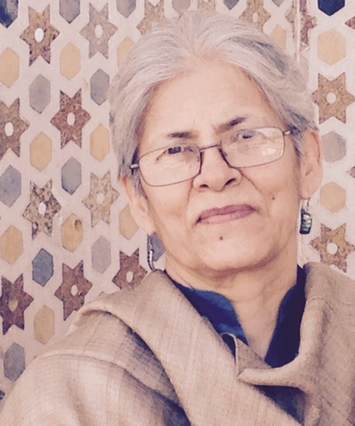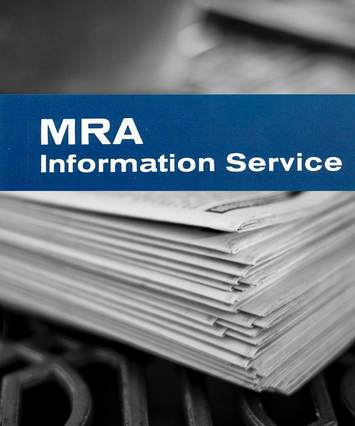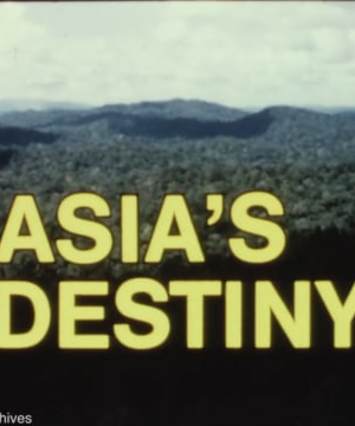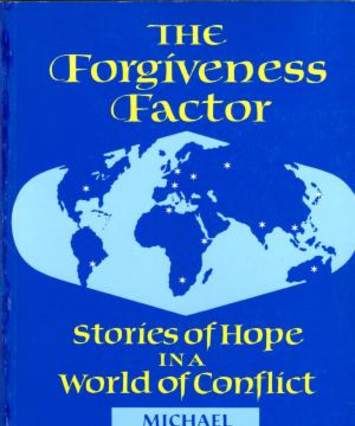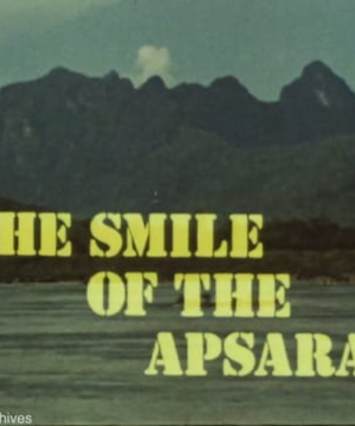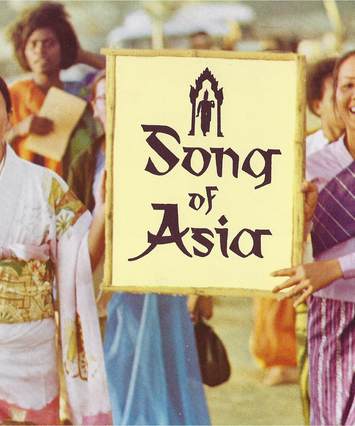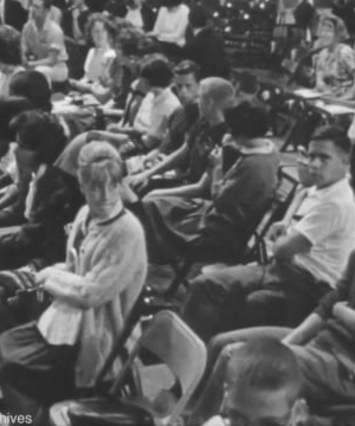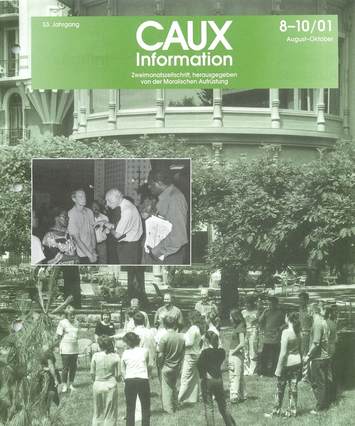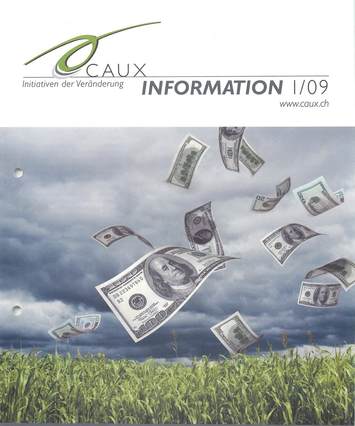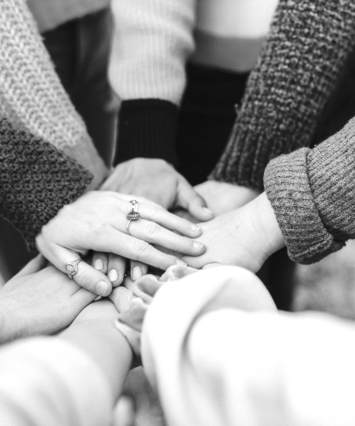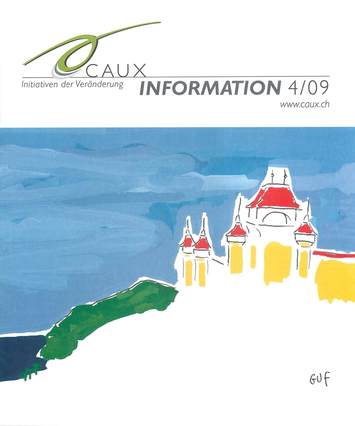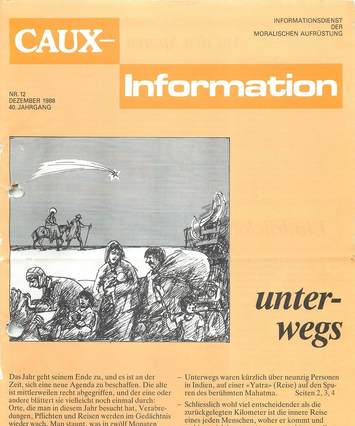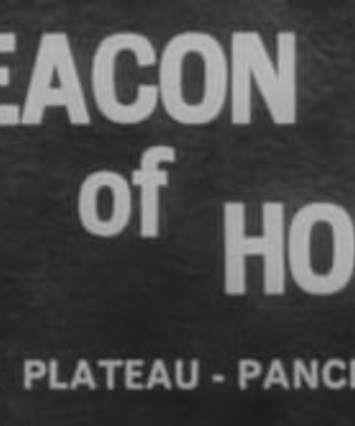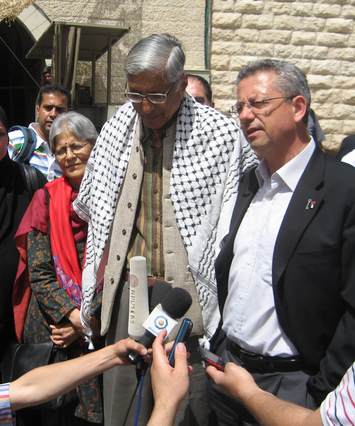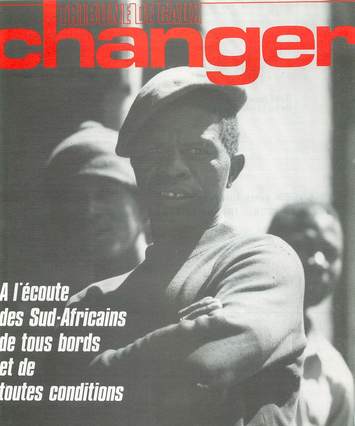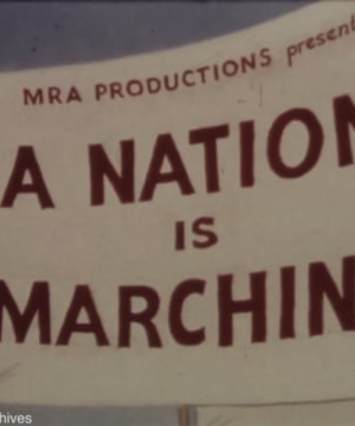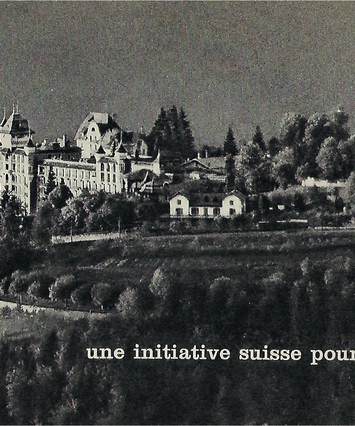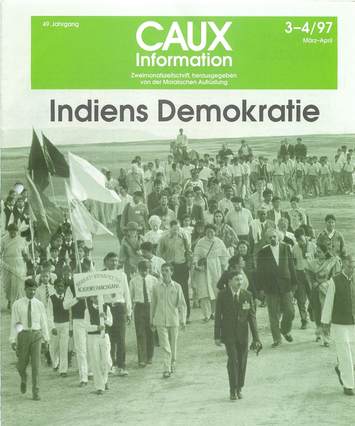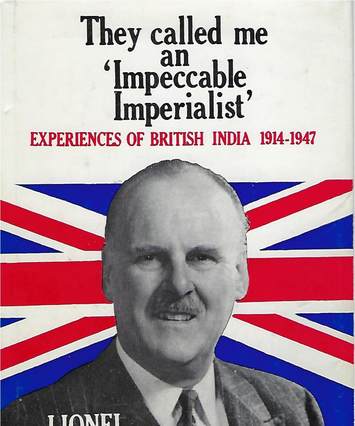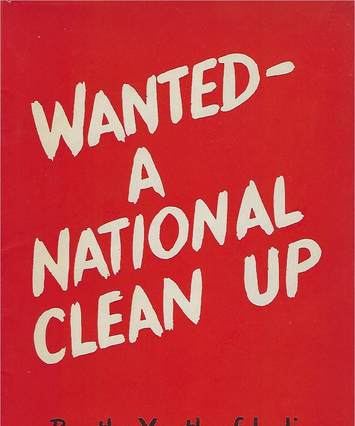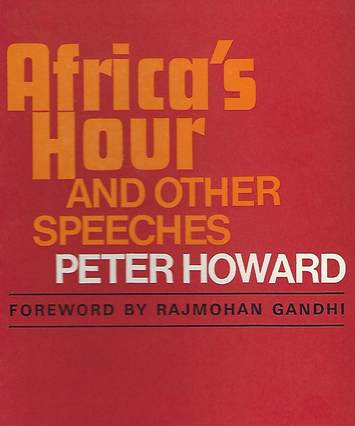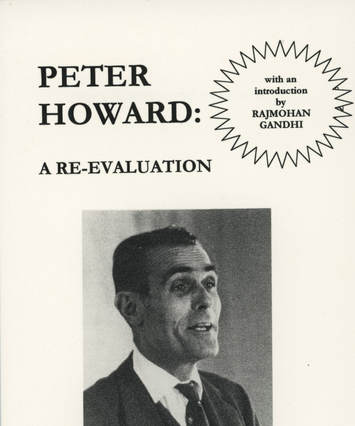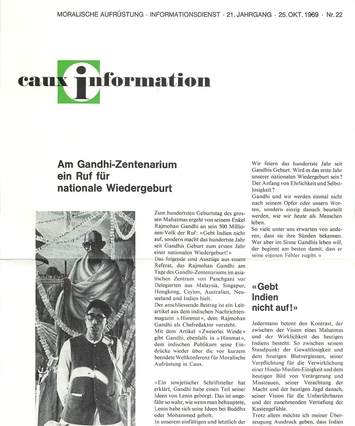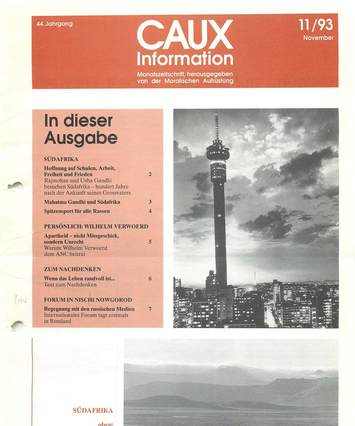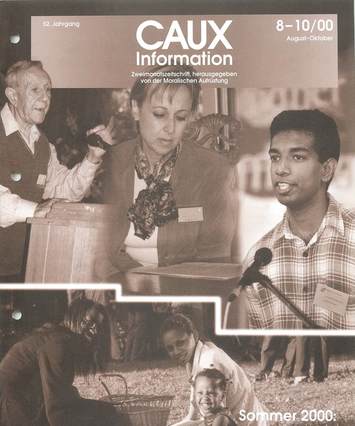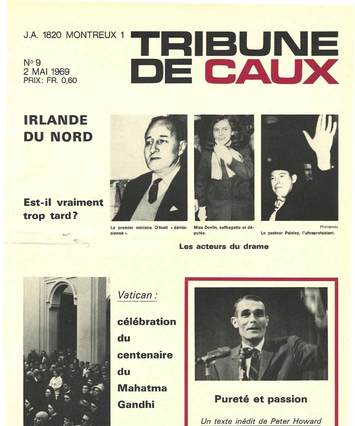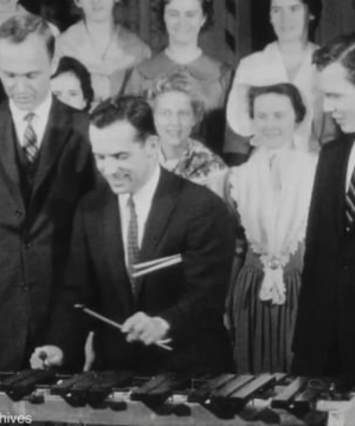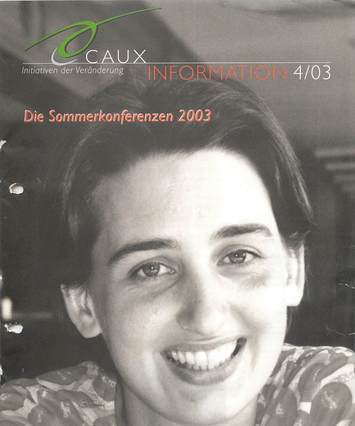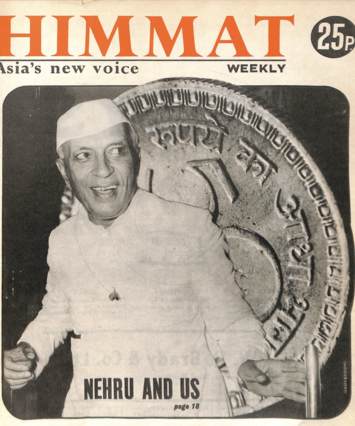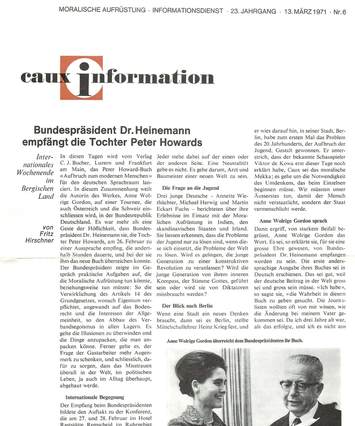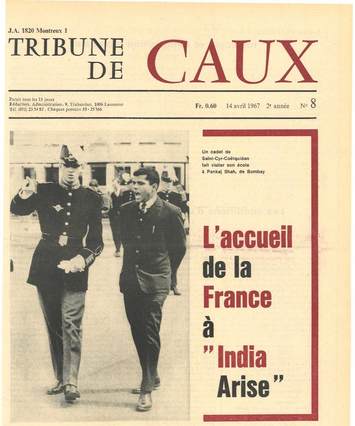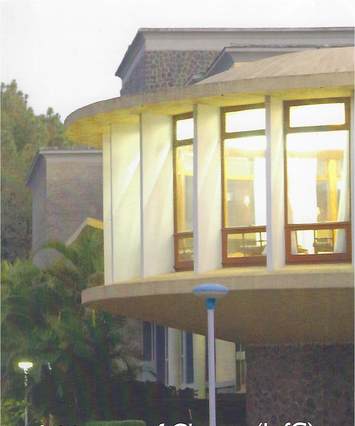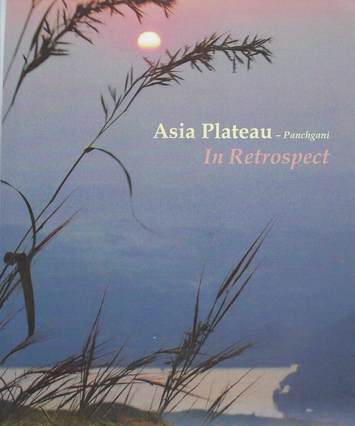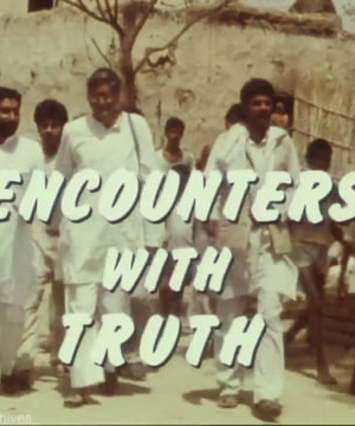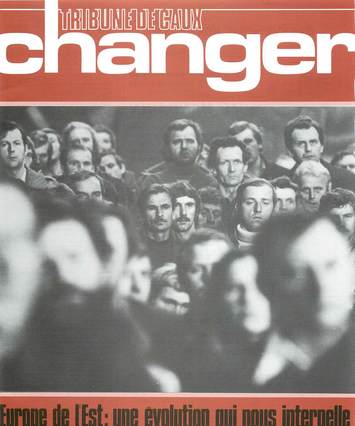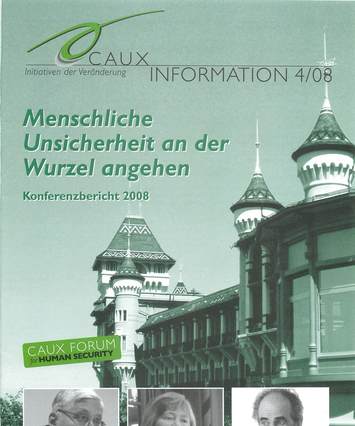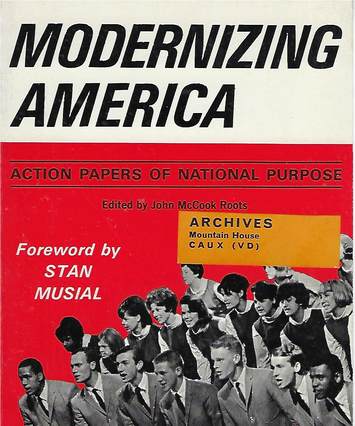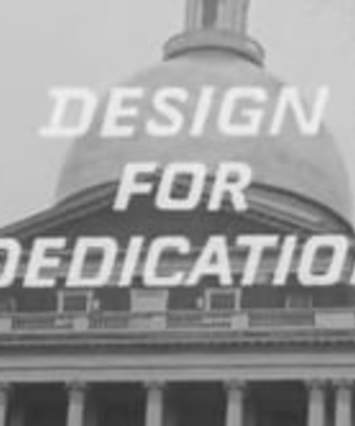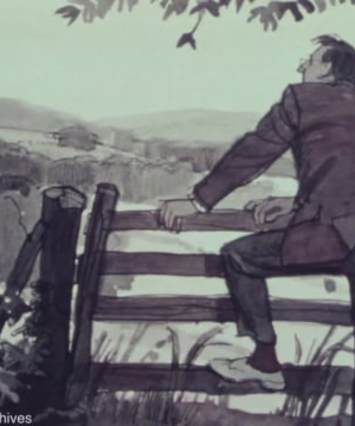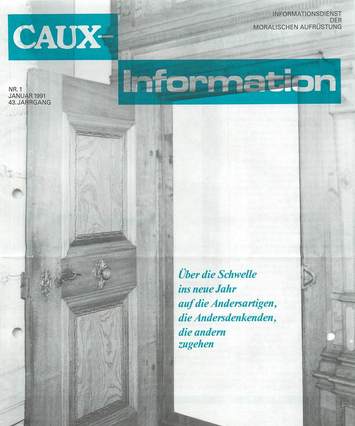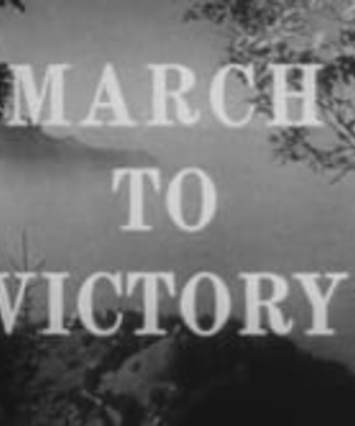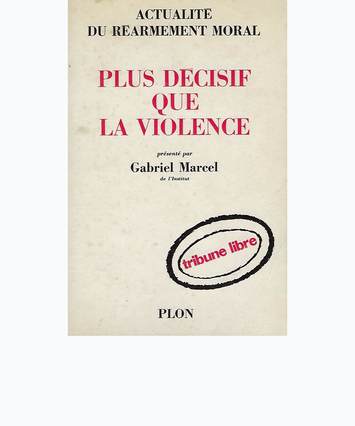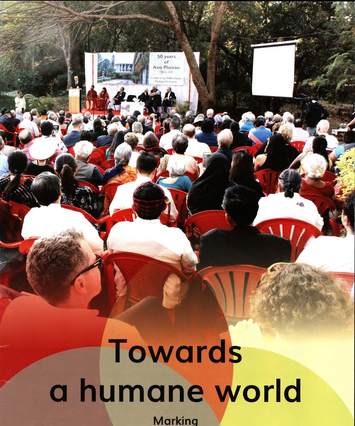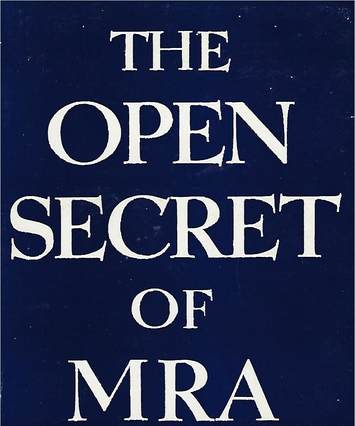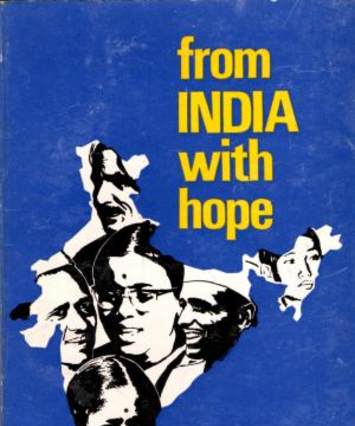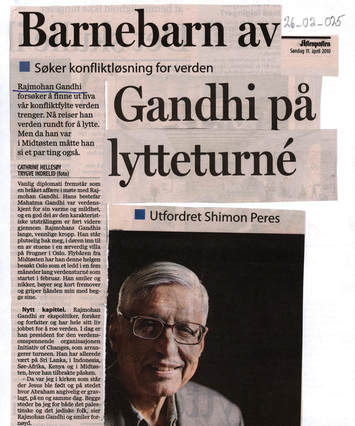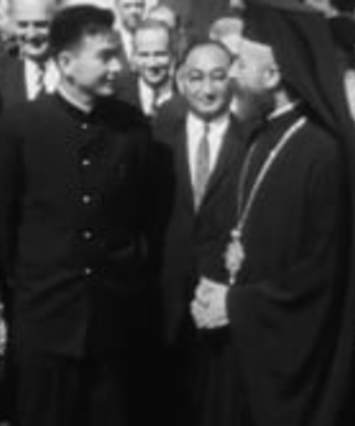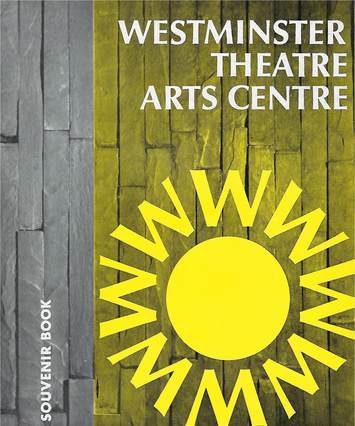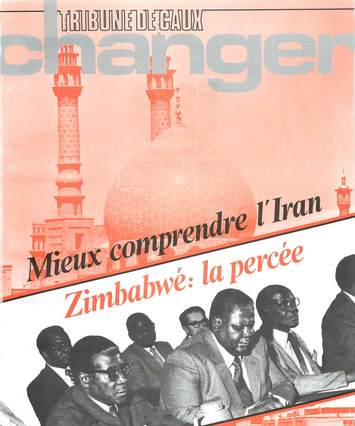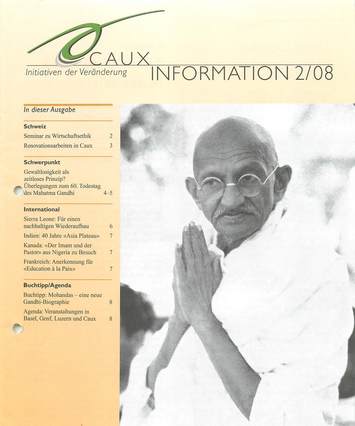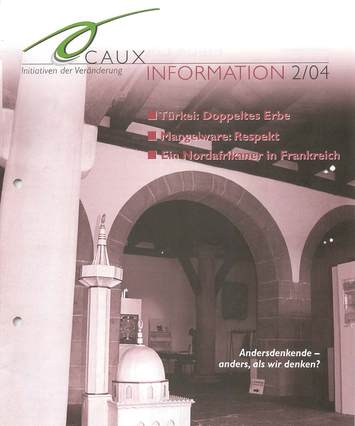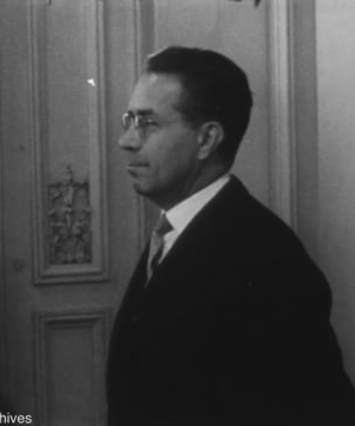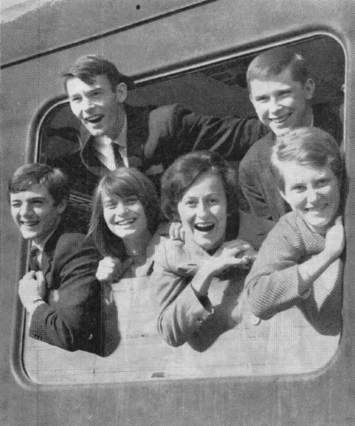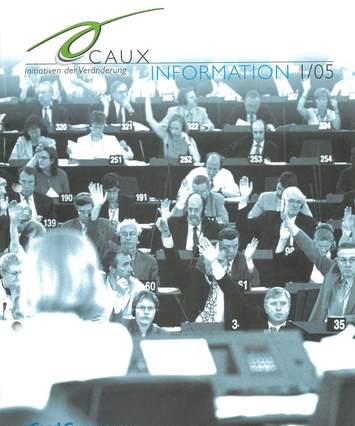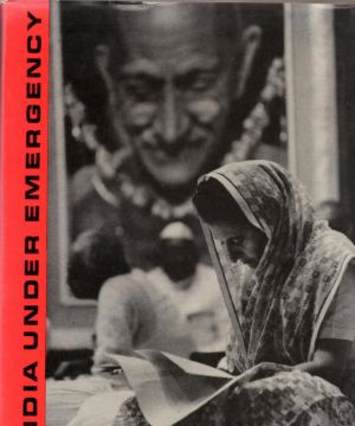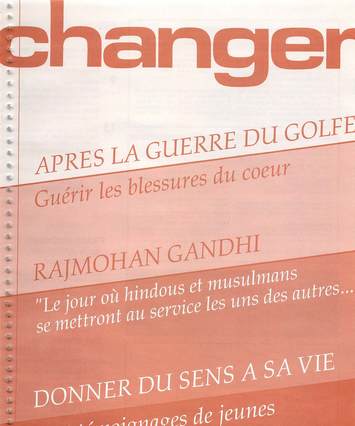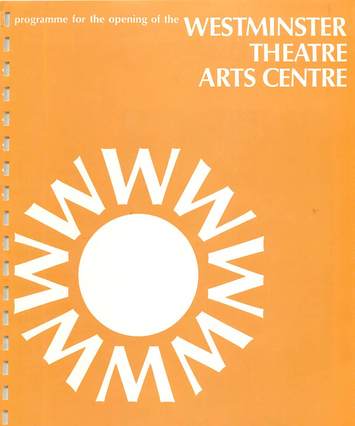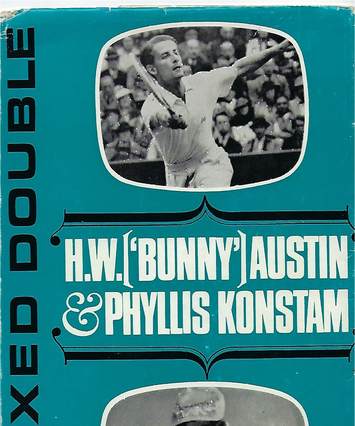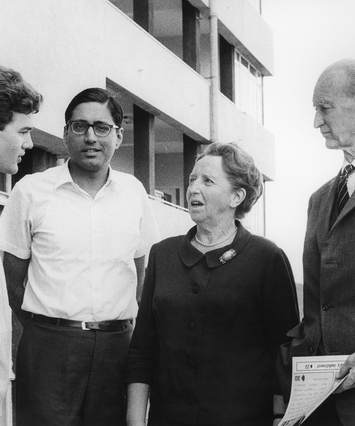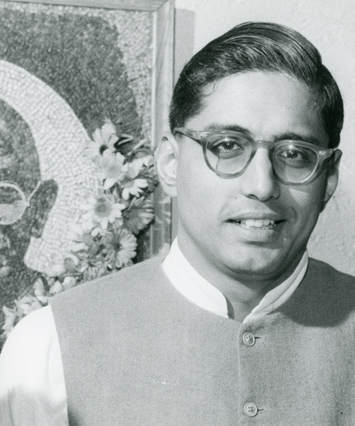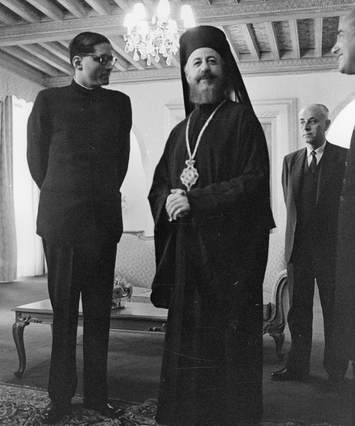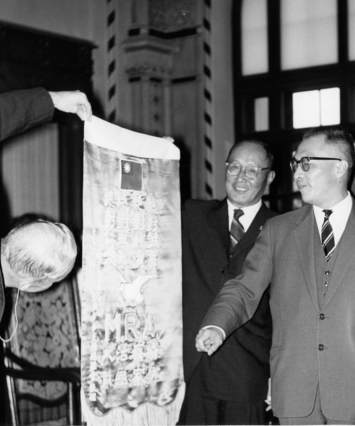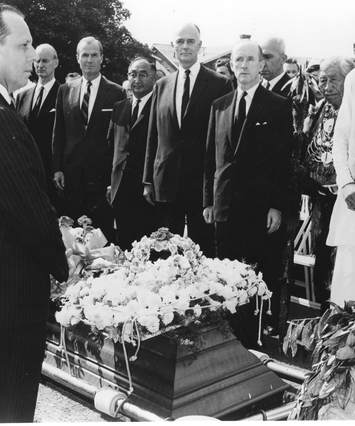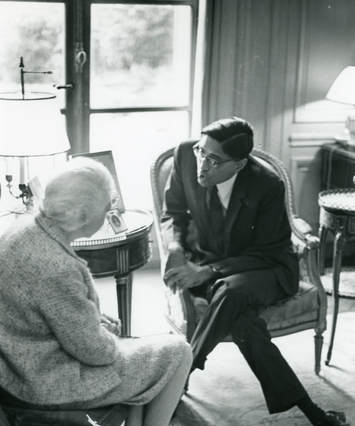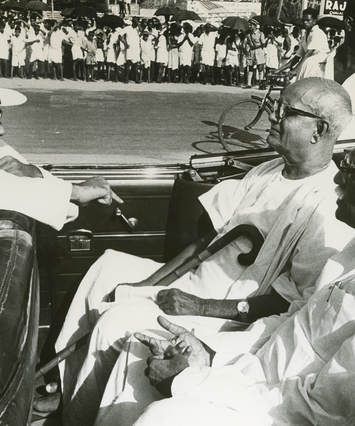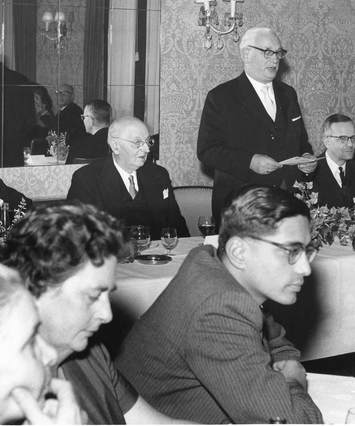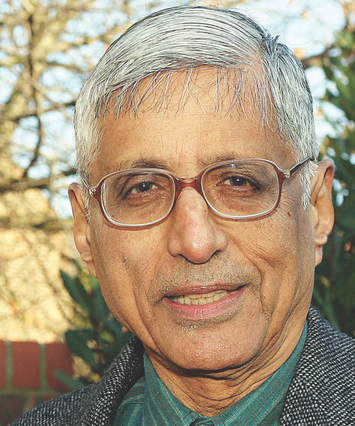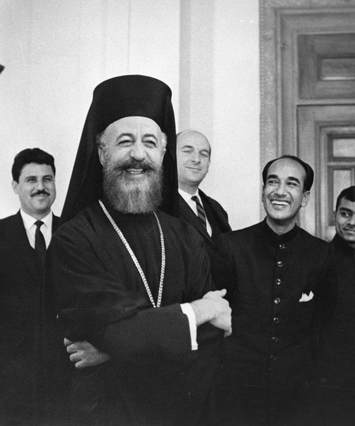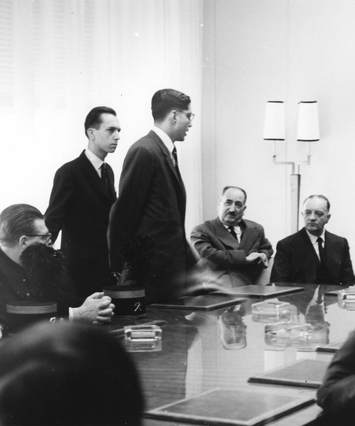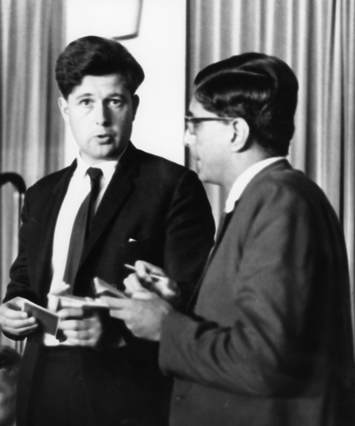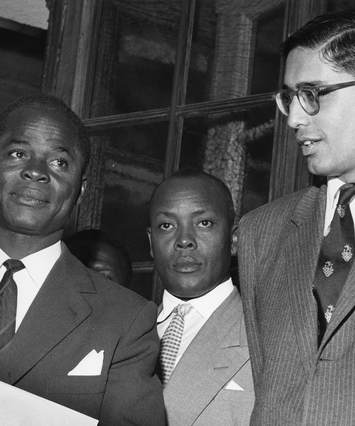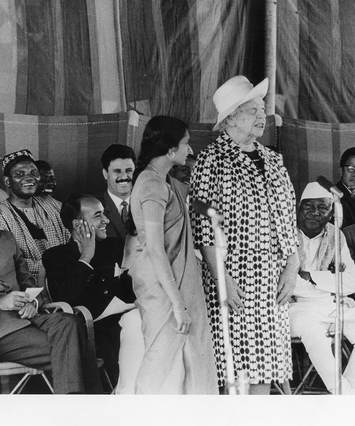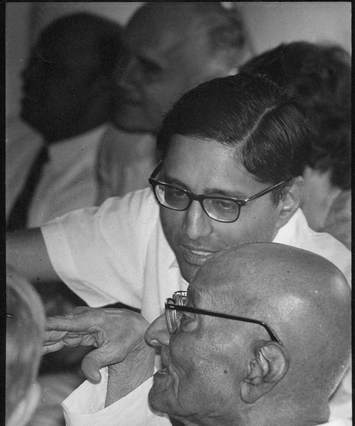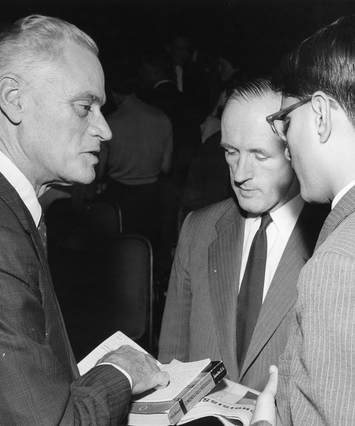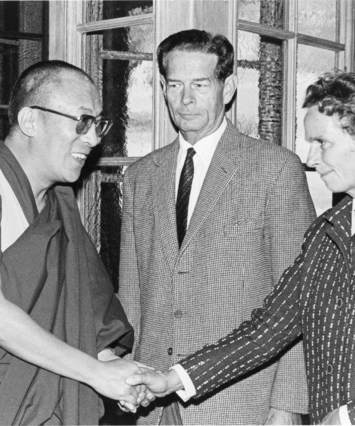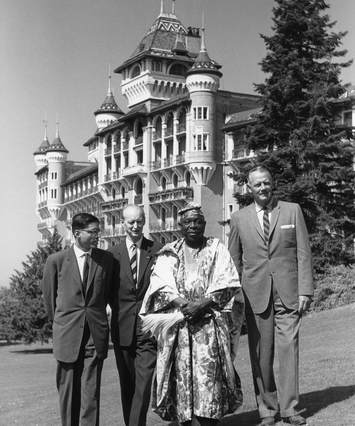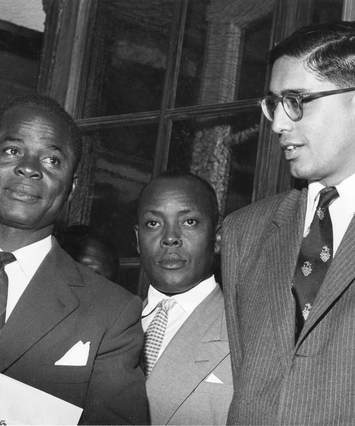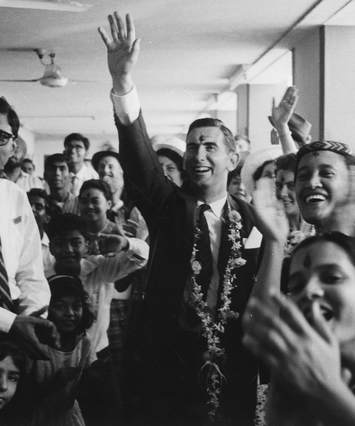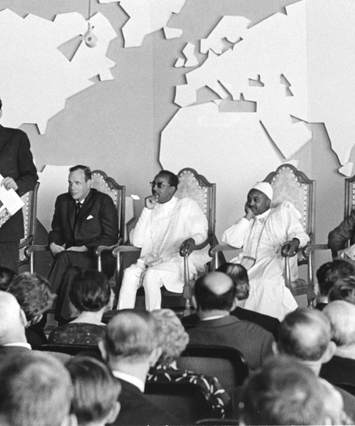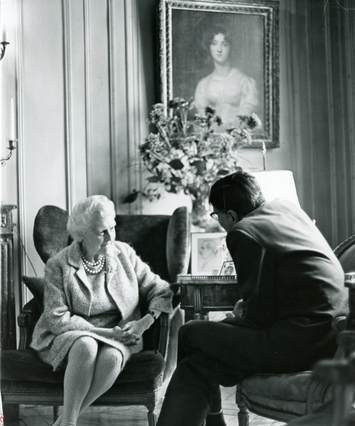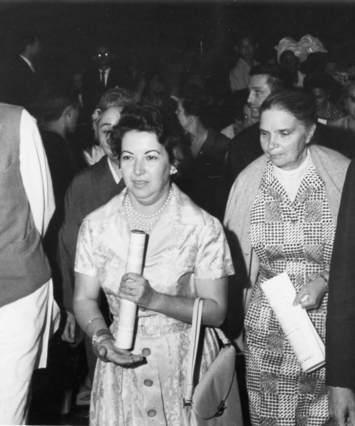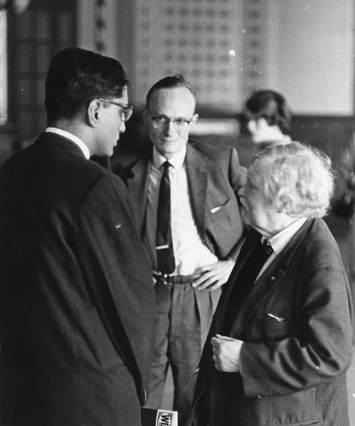Rajmohan Gandhi (born 7 August 1935) is a biographer and a research professor at the Center for South Asian and Middle Eastern Studies, University of Illinois at Urbana-Champaign, US. He is the grandson of Mahatma Gandhi and Chakravarthi Rajagopalachari. He is also a scholar in residence at the Indian Institute of Technology Gandhinagar.
His father, Devdas Gandhi, son of Mahatma Gandhi, was the managing editor of the Hindustan Times. Rajmohan Gandhi attended St. Stephen's College, New Delhi, India. His maternal grandfather was C. Rajagopalachari, second Governor General of India after Lord Louis Mountbatten, who was one of the foremost associates of Mahatma Gandhi.
Associated from 1956 with Initiatives of Change (formerly known as Moral Re-Armament), Rajmohan Gandhi has been engaged for half a century in efforts for trust-building, reconciliation and democracy and in battles against corruption and inequalities.
In the 1960s and early 1970s, Gandhi played a leading role in establishing Asia Plateau, the conference centre of Initiatives of Change in Panchgani, in the mountains of western India. Asia Plateau has been recognized in the Indian subcontinent for its ecological contribution. During the 1975-77 Emergency in India, he was active for democratic rights personally and through his weekly journal, Himmat, published in Bombay from 1964 to 1981.
His latest book, A Tale of Two Revolts: India 1857 & the American Civil War (New Delhi: Penguin India, December 2009), studies two 19th-century wars occurring in opposite parts of the world at almost the same time. His previous book, a biography of his grandfather Mahatma Gandhi, Mohandas: A True Story of a Man, His People and an Empire, received the prestigious Biennial Award from the Indian History Congress in 2007. It has since been published in several countries.
In 2001, Gandhi received the Sahitya Akademi Award for Rajaji: A Life, a biography of Chakravarti Rajagopalachari (1878-1972), about his maternal grandfather and a leading figure in India’s independence movement, who became the first Indian Governor General, 1948-50.
His other works include Ghaffar Khan: Nonviolent Badshah of the Pakhtuns (Penguin 2004); Revenge & Reconciliation: Understanding South Asian History (Penguin, 1999); Patel: A Life, a biography of Vallabhbhai Patel (1875-1950), Deputy Prime Minister of India, 1947-50 (Navajivan, Ahmedabad, 1990); and Eight Lives: A Study of the Hindu-Muslim Encounter (SUNY, 1987). One of his earlier books, The Good Boatman: A Portrait of Gandhi, was published in 2009 in a Chinese translation in Beijing. Most recently, Gandhi has published a book titled, Punjab (Aleph Book Company 2013), which is a historical account of undivided Punjab, from the death of Aurangzeb to the Partition.
Before teaching at the University of Illinois, he served as a research professor with the New Delhi think-tank, Centre for Policy Research. From 1985 to 1987, he edited the daily Indian Express in Madras (now Chennai). In 2004. he received the International Humanitarian Award (Human Rights) from the city of Champaign, Illinois, and in 1997, he was awarded an honorary doctorate of law from the University of Calgary, and an honorary doctorate of philosophy from Obirin University, Tokyo. He currently serves as a Jury Member for the Nuremberg International Human Rights Award and Co-chair of the Centre for Dialogue & Reconciliation in Gurgaon.
See: http://www.himmat.net/ and: https://en.wikipedia.org/wiki/Rajmohan_Gandhi

